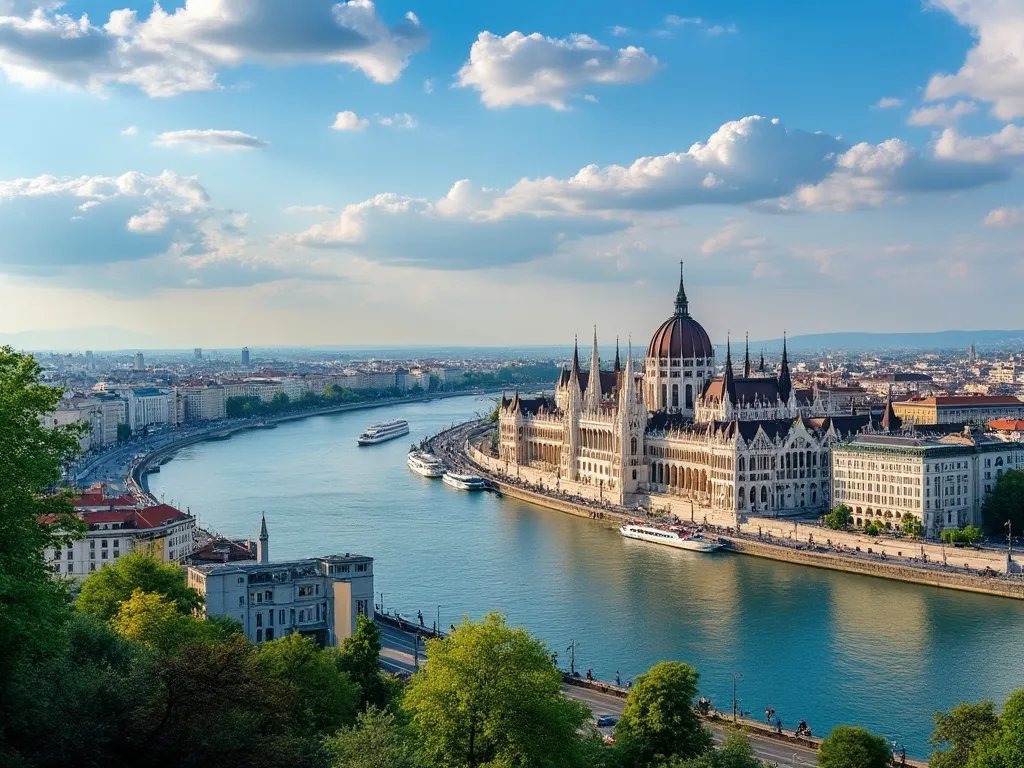
Budapest, the capital and largest city of Hungary, is a treasure trove of history, culture, and natural beauty. Strategically located in the heart of Europe, Budapest has been an important hub of trade, commerce, and intellectual pursuits for centuries. The city's rich heritage is reflected in its stunning architecture, thermal baths, and vibrant cultural scene.
Budapest information
| Country | 🇭🇺 Hungary |
| City Population | 1,752,286 |
| City Coordinates | 47.497912, 19.040235 |
| City Area | 525.16 km² |
| Climate | Humid continental climate |
| Language | Hungarian |
| Currency | Hungarian Forint (HUF) |
| Time zone | CET (UTC+1) |
| Proximity to other major cities | Vienna (245 km), Bratislava (200 km), Zagreb (340 km) |
Historical Background of Budapest
Budapest has a long and complex history that spans over 2,000 years. The city was founded by the Celts in the 1st century BC and was later conquered by the Romans, who established the city of Aquincum. In the 10th century, Budapest became the capital of the Kingdom of Hungary and remained so until the 16th century, when it was occupied by the Ottoman Empire. The city was later liberated by the Habsburgs and became a major cultural and economic center in the Austro-Hungarian Empire.
Geographical Location of Budapest
Budapest is situated in the northern part of Hungary, along the banks of the Danube River. The city is nestled in a scenic valley surrounded by hills and mountains, making it a popular destination for outdoor enthusiasts. The city's geographical location has played a significant role in its history and development, as it has served as a major transportation hub and trade route between Eastern and Western Europe.
Cultural Significance of Budapest
Budapest is renowned for its rich cultural heritage, which is reflected in its stunning architecture, museums, galleries, and cultural events. The city is home to numerous UNESCO World Heritage Sites, including the Parliament Building, the Buda Castle, and the St. Stephen's Basilica. Budapest is also famous for its thermal baths, which have been a popular attraction for centuries.
Economic Importance of Budapest
Budapest is the economic hub of Hungary and a major financial center in Central and Eastern Europe. The city is home to numerous multinational companies, including GE, IBM, and Microsoft, and has a thriving startup scene. Budapest is also a major transportation hub, with a busy airport and a well-developed public transportation system.
Interesting Facts About Budapest
- Budapest is home to the largest parliament building in Europe.
- The city has the oldest metro line in continental Europe.
- Budapest is home to over 80 geothermal springs.
- The city has a unique coffee culture, with numerous cafes and coffeehouses.
Tourist Attractions in Budapest
- Parliament Building
- Buda Castle
- St. Stephen's Basilica
- Thermal Baths
- Danube River Cruise
Conclusion on Budapest
Budapest is a city that seamlessly blends history, culture, and natural beauty. From its stunning architecture to its vibrant cultural scene, Budapest has something to offer for everyone. Whether you're interested in history, art, food, or outdoor activities, Budapest is a must-visit destination in Central Europe.
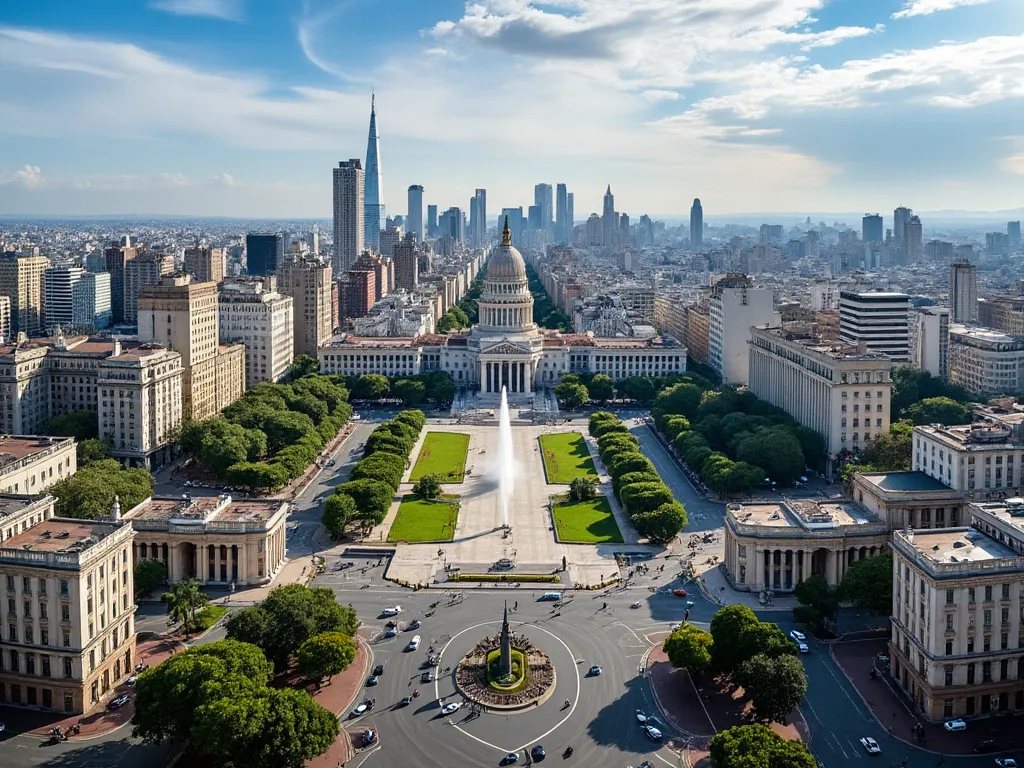 Buenos Aires
Buenos Aires
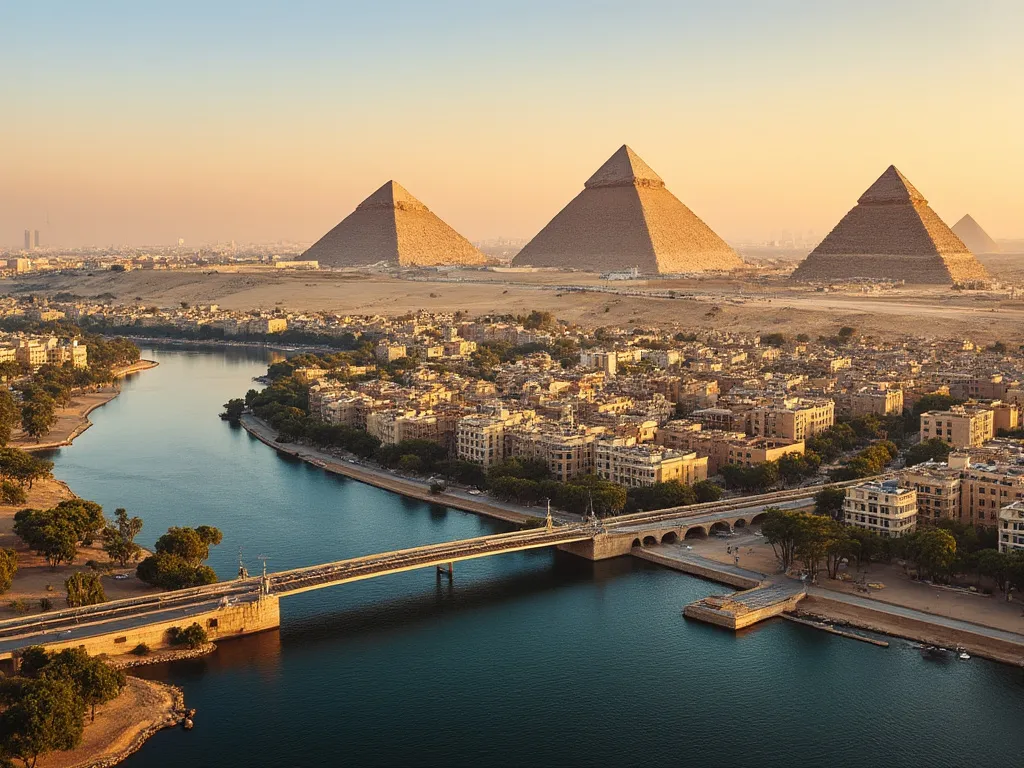 Cairo
Cairo
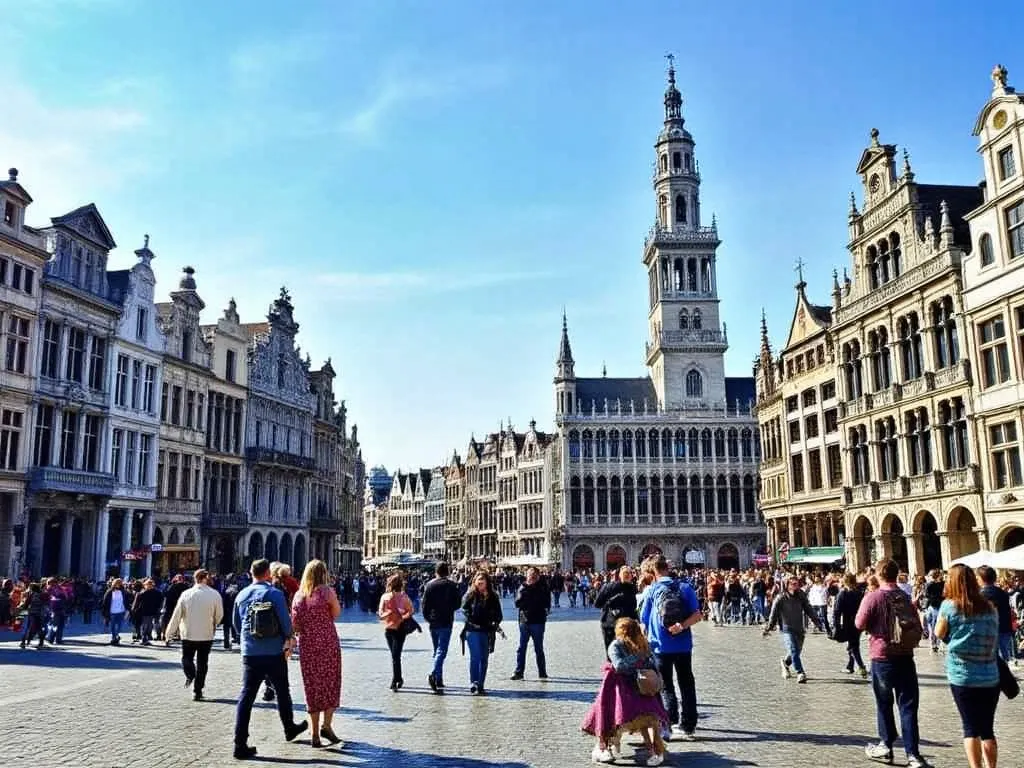 Brussels
Brussels
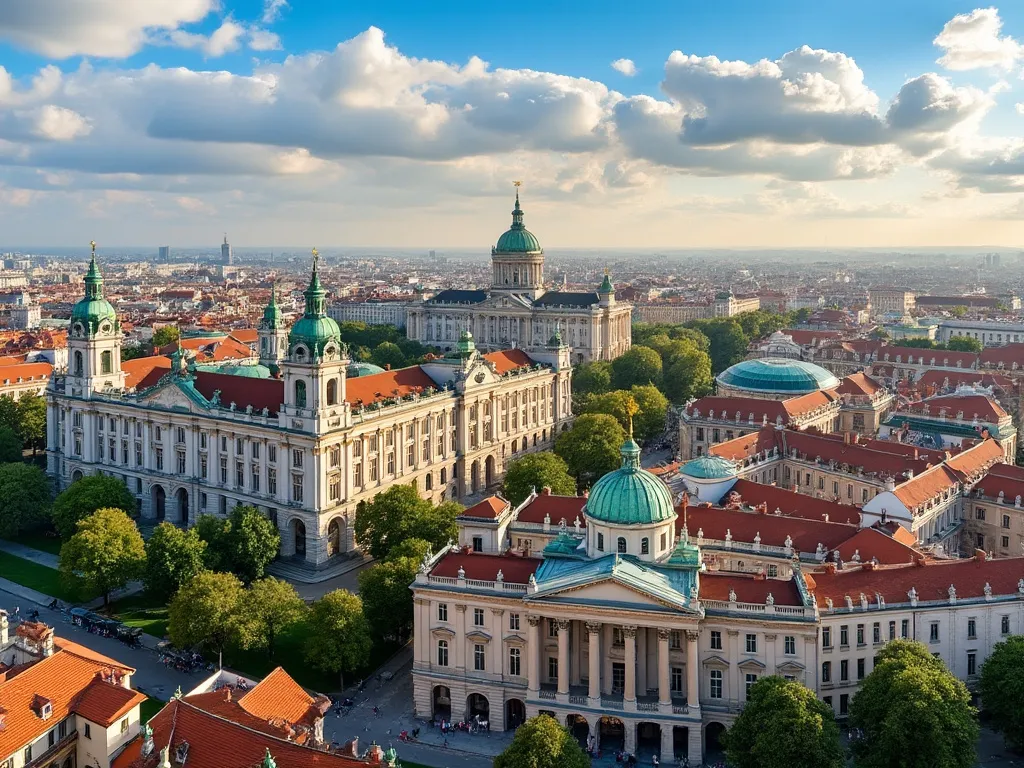 Bucharest
Bucharest